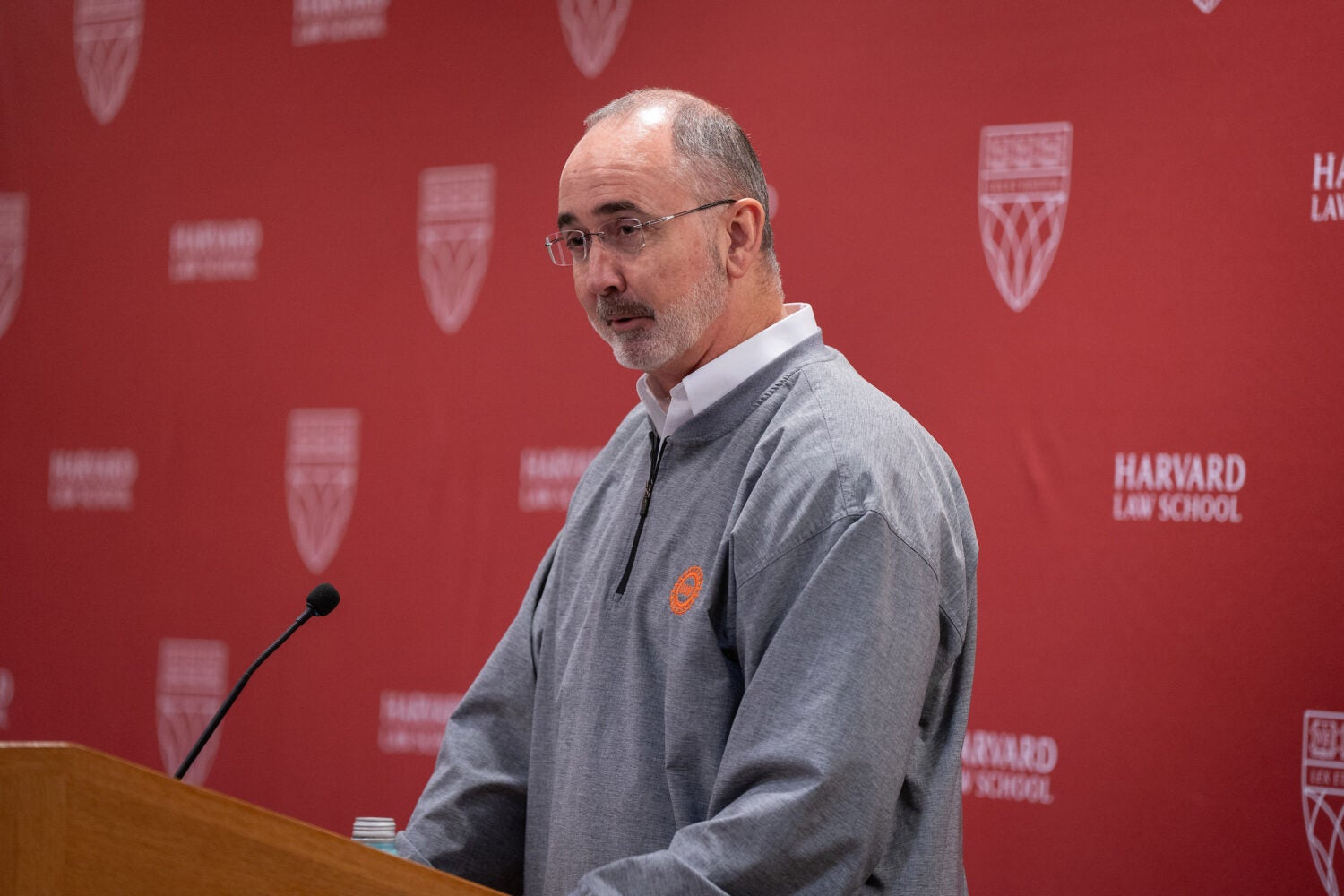United Auto Workers leader Shawn Fain wasn’t wearing a suit when he addressed the graduates of the Harvard Trade Union program at Harvard Law School last week. And as he explained, that tied in with his message of workers’ dignity.
“We always had this problem where upper leadership was this person in a suit, and they were untouchable,” he said. “So, I made a promise to myself, never forget where you come from. I came from poverty and I’m proud of it.”
As the keynote speaker of the 111th session of the Harvard Trade Union Program, a residential union leadership education program hosted by the Center for Labor and a Just Economy at Harvard Law School, Fain told the class that they were graduating at a crucial moment. “This is our generation. This is a defining moment in where we are going to go as a society. Are we going to continue on this track of a few people on top taking all the wealth, or are we going to take our lives back? We have seen workers fighting Starbucks and Amazon. And where there are fights for social justice anywhere, UAW is going to stand with them.”
A former plant worker in Kokomo, Indiana, Fain was elected last April as the leader of the United Auto Workers and has since emerged as a national figure and hero to the labor movement. Last fall, the UAW won a historic negotiation with the Big Three of Detroit automakers (General Motors, Ford, and Stellantis), winning a 25% pay raise over the next four and a half years, billions of dollars’ worth of new product commitments, and increased research into electric vehicles. The union also won reopening of the Stellantis Belvedere plant in Illinois, after President Biden joined Fain on the picket line.
“I get asked a lot by the media, what was the best thing about the contract negotiations?” said Fain. “It wasn’t so much the gains we made or the wages, those are all great things. But the best thing was that I saw a union come together, I saw a membership come together.” He also took some pride in the backlash, including recent anti-UAW comments made by Alabama governor Kay Ivey. “I’ve seen villainizing of unions and all they stand for. I take that as a compliment, that we are doing the right thing.”
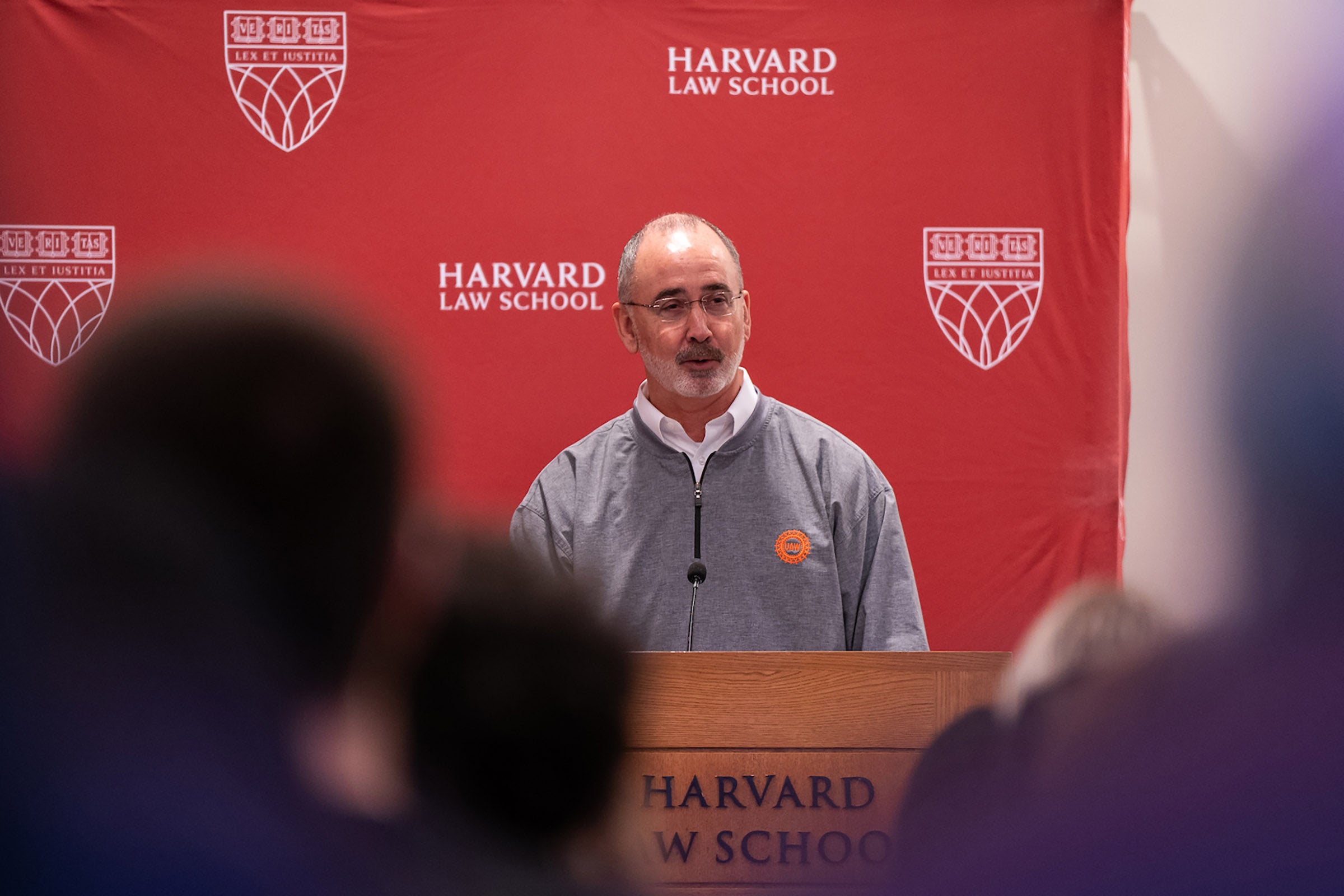
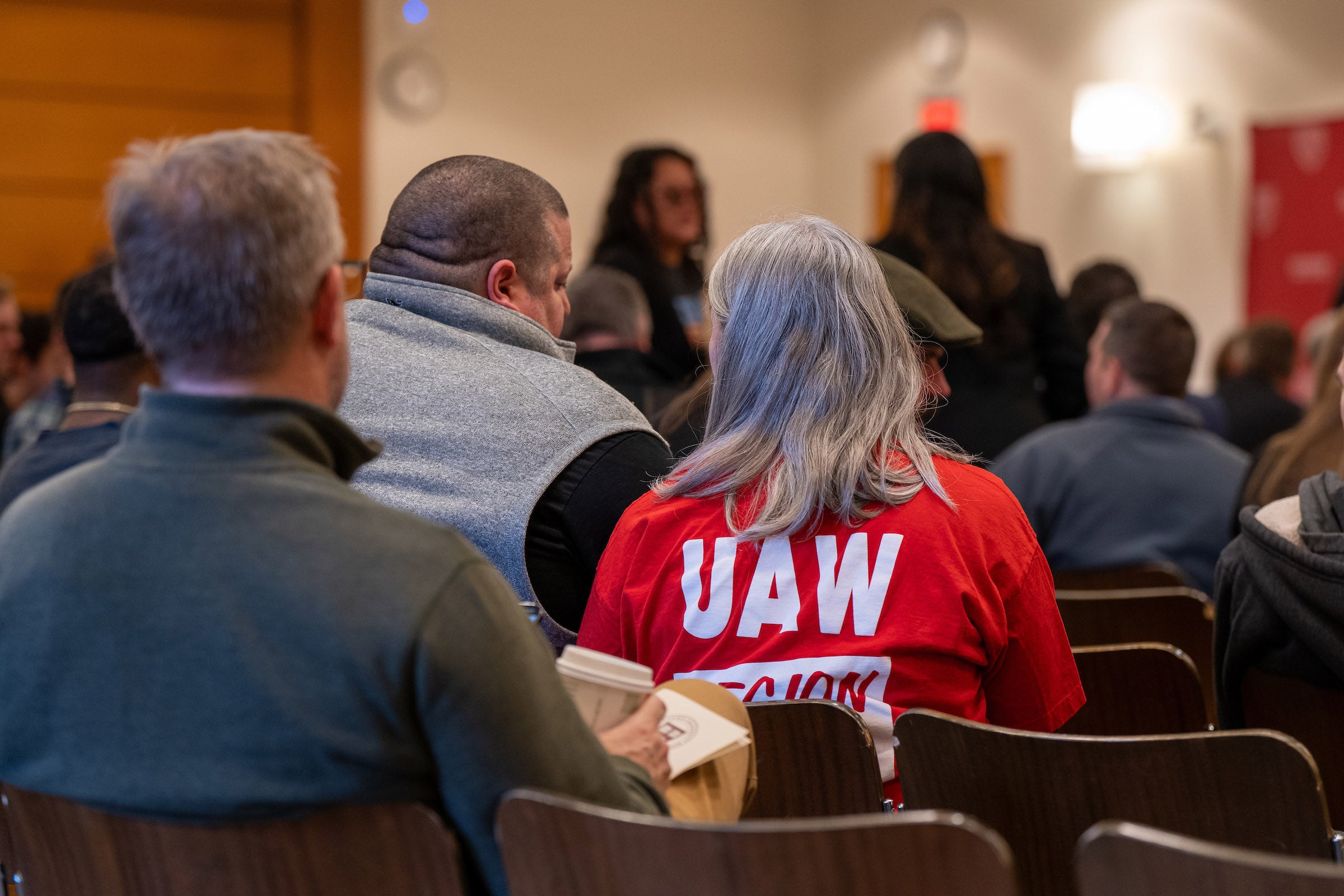
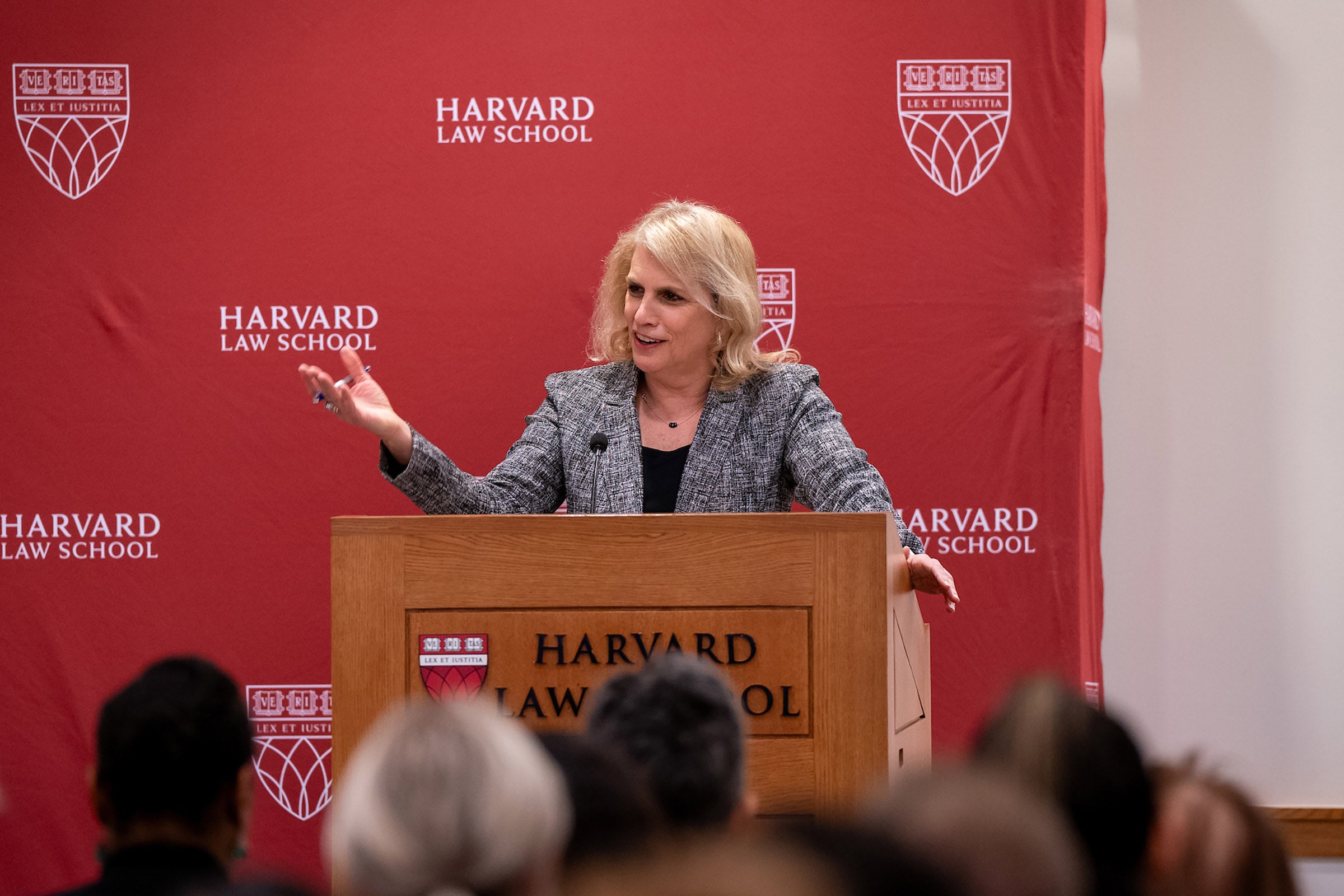
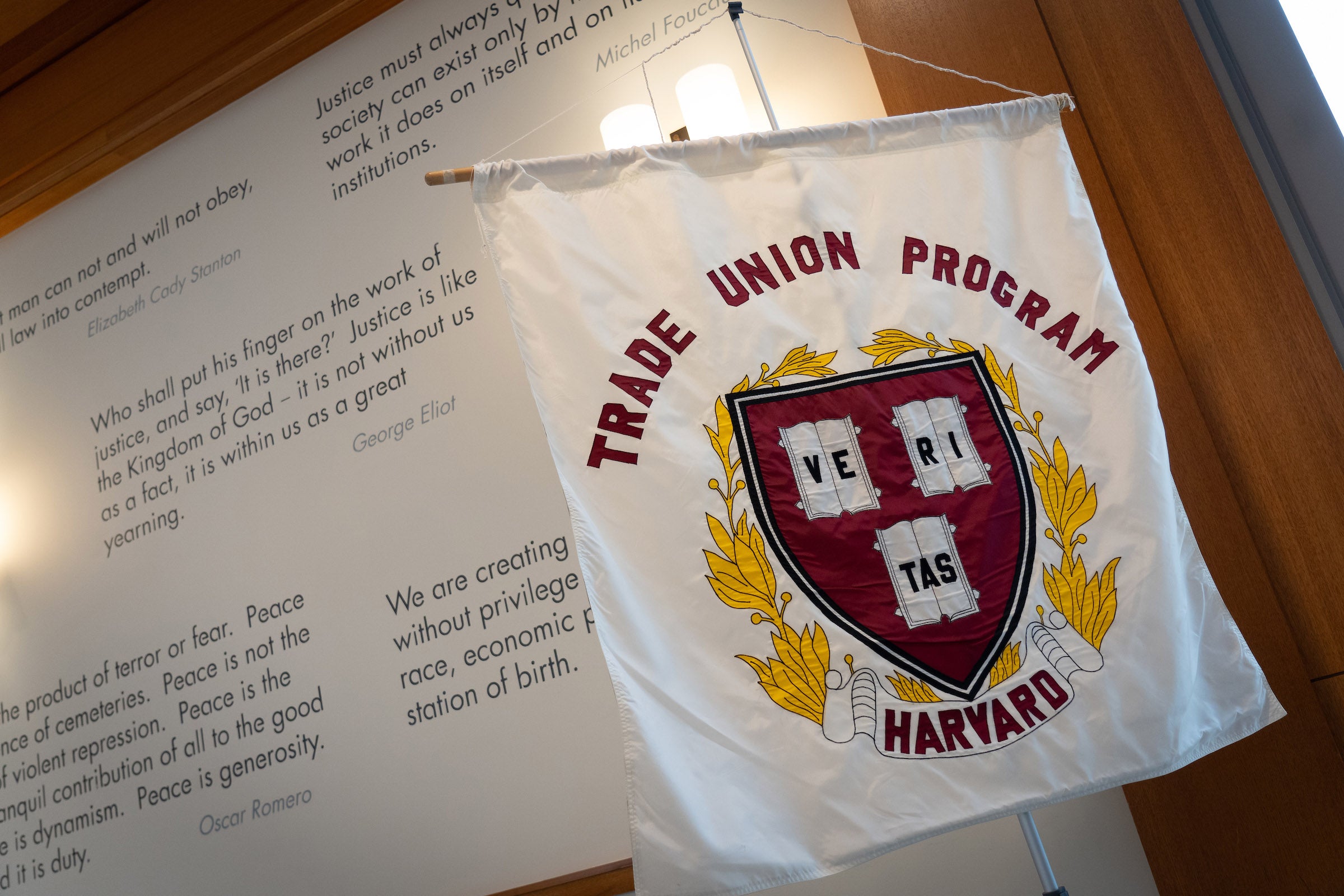
Though the UAW did not realize its most ambitious goals — a 40% pay raise and a 32-hour work week — Fain said he hasn’t given up on either. “If you get everything you ask for in a negotiation, you didn’t ask for enough,” he said. “All I heard was, ‘You can’t do this, and you can’t do that,’ but we delivered on every damn thing we promised.”
As for the 32-hour week, Fain promised, “We’re not going to let that go. We can afford that and still pay the salaries; the money is there. It shouldn’t be concentrated in the hands of a few people. When 26 billionaires have as much wealth as half of humankind, that is criminal. I’ll say this till the day I die: Billionaires have no right to exist. No individual on this planet needs a billion dollars. If someone is getting that kind of wealth, they are doing it at the expense of millions of people. That is the reason that we don’t have healthcare and decent wages.”
One lesson from the COVID era, he said, was that workers are good at setting their own priorities. “If the pandemic taught us anything, if there was a silver lining, it made people reflect on what is important in life — and that is sure as hell not living [just] for work. People wanted their lives back, and the fast-food industry was a great indicator of that. People were not going to risk their lives for $12 an hour, so they stayed home, and wages went up to $20-25. And there is a great lesson there. They didn’t even have a union, they just refused to work. So, we have the power. We just need to concentrate it.”
He further suggested that divisive political issues, including recent battles over border security, only wind up benefiting the billionaire class. “It’s about the same thing they do to justify taking the profits while we struggle to get by: They divide us. Destitute people trying to cross the border to find a better life are not our enemy. They are not taking your jobs,” he said to a burst of applause. “When I see these people, I see my grandparents. Our job as leaders is to eradicate poverty everywhere, that is our challenge.”
He also praised the “bad-ass teachers of Newton,” who held a successful strike coinciding with his visit to Cambridge. “There was nothing better than to turn the news on and hear the media talking about that victory.” But as he noted, public sector strikes are still illegal in Massachusetts. “That’s something that needs to change. We know that the only illegal strike is an unsuccessful one. Solidarity and unity are a lot stronger than the law will ever be.”
Finally, he challenged the students to be more ambitious than he was at their age. “I think of myself in the ’90s and ’00s, I wanted to be more active in my union and that was it. So, I’ll tell you not to sell yourselves short with the impact you can have.”
